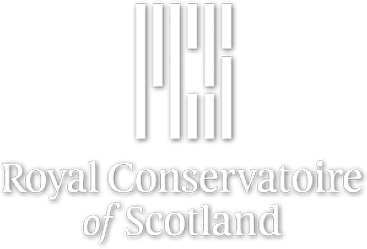From Bandstand to Parlor: A Brief Spotlight on Tom V. Short
Engagement activity: External performance, talk or presentation › Talk for a mainly academic audience (e.g. at an academic conference)
Sandy Coffin (Speaker), 14 Jul 2017
immigrated to the United States from various parts of the British Empire, and were welcomed as soloists, band leaders, and composers throughout the country.
The concurrent proliferation of music houses (many established by immigrants as well) which imported or manufactured instruments, and published music journals to make sheet music available to the general public, brought music into the parlors of even the middle classes.
One such immigrant was Tom V. Short, who came from Australia to New York in 1878, and gained fame as both a cornet soloist and as the leader of several Regimental Bands, including the famous 69th in New York City, and later as the band leader (and performer) in New York’s Daly Theater. In his various roles, Short composed numerous pieces, many of which were later edited as cornet solos with piano accompaniment and published by various music houses.
I will focus on two of his popular cornet pieces: his solo “Glen Island Waltz,” which was written for the 69th Regiment Band and performed at Starin’s Glen Island Resort off the shores of New Rochelle, NY; and his duet “Short and Sweet Polka,” performed between acts at the Daly Theater.
How does one go about recreating a sense of how these more intimate performances might have sounded?
What changes in style or interpretation would occur when the performance shifts from an outdoor bandstand to a solo with piano in the parlor?
In addition to an exploration of the life and legacy of Tom V. Short, I will share some of my recording clips and if possible, some live performance of the “Glen Island Waltz,” and the “Short and Sweet Polka” using editions published by Carl Fischer in 1885-6 with piano accompaniment and a London Besson cornet imported and sold exclusively by Carl Fischer.
External organisation (Learned Society or Research Association)
| Name | Historic Brass Society |
|---|
